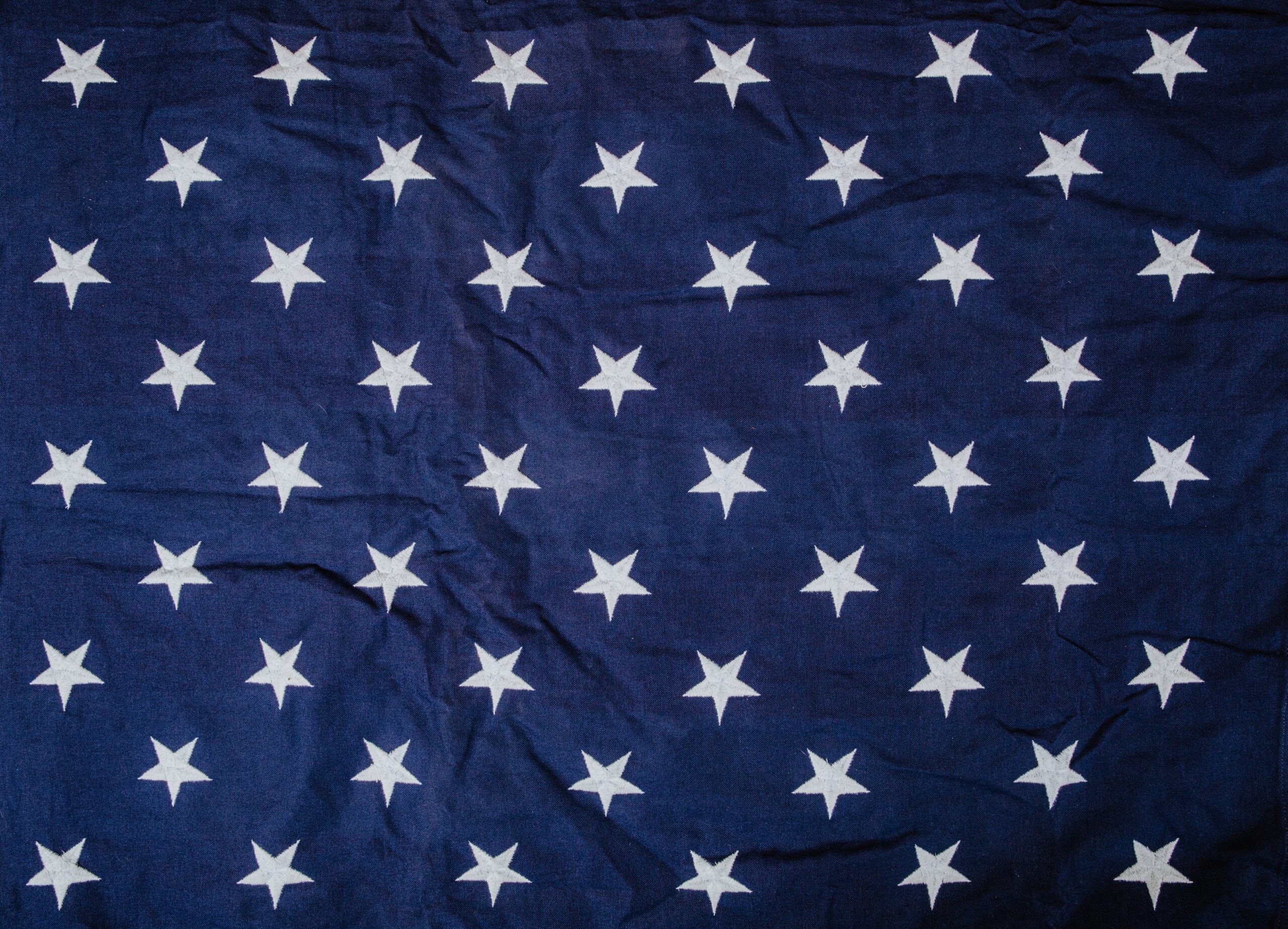


John Locke’s “Second Treatise of Government,” published in 1689, is a foundational document for post-Enlightenment democracies. It denounces the authority of a monarch or other autocracy, insisting that a proper government is responsive to the people and can be dismantled when the people feel it is no longer serving their interests (“social contract”). His writing influenced the English, American, and French Revolutions.
Scholars apply their understanding of the French and Russian Revolutions to the argument made by Major during the meeting at Old Manor. Scholars draw comparisons between Locke’s “Second Treatise of Government” and Animal Farm, specifically examining the “state of nature” and warnings against tyranny and corruption. Finally, scholars synthesize the readings to infer that equality has been a common struggle in many societies.
Do Now — 10 minutes
Launch — 2 minutes
Read:
Discuss:
Write an essay of no more than 200 words:
Read Excerpt from “The Dispossessed” by Ursula Le Guin (pages 101-110, Harper/ Voyager, 2011).
Scholars analyze the quality of life at Animal Farm after the revolution by discussing the new laws and the ways animals are and are not equal. Scholars articulate differences between Snowball, Napoleon, and other characters on the farm. Finally, scholars examine the results of Lenin’s control over Russia and use that to determine whether the rebellion at Animal Farm achieved its goals.
Do Now — 10 minutes
Launch — 2 minutes
Read:
Discuss:
Read:
Discuss:
Write an essay of no more than 200 words:
Independent Reading (15 minutes):
Discuss:
Write an essay of no more than 200 words:
Ayn Rand was born in Russia and moved to the United States in 1926, fleeing the newly formed communist government. We the Living seeks to catalog what Rand saw as the individual loss of freedom under the collectivist policies of Joseph Stalin.
Scholars examine the ways in which Napoleon alters life on Animal Farm after ousting Snowball, including his use of Squealer to rewrite the history of the revolution. Scholars discuss Napoleon’s response to the windmill and debate whether Snowball was responsible for it. Scholars analyze Ayn Rand’s argument against communism and apply their understanding of “living for the state” to the residents of Animal Farm.
Do Now — 10 minutes
Launch — 2 minutes
Read:
Discuss:
Read:
Discuss:
Write an essay of no more than 200 words:
Independent Reading (10 minutes): Excerpt from We the Living
Discuss:
Write an essay of no more than 200 words:
In 1887, Lord Acton wrote a series of letters to Archbishop Mandell Creighton, challenging Creighton’s account of the Spanish Inquisition, a time when Catholic popes and religious leaders were persecuting anyone who wasn’t a “true Catholic.” Creighton’s history didn’t document the crimes of the religious leaders, believing their authority made them worthy of exception.
Scholars analyze Napoleon’s corruption by examining the ways he maintains control on Animal Farm. In particular, scholars analyze Napoleon’s use of Mr. Whymper, his suppression of dissent through execution, and his use of Squealer’s propaganda. Furthermore, scholars examine the arguments put forth by Lord Acton to better understand Napoleon’s corruption.
Do Now — 10 minutes
Launch — 2 minutes
Read:
Discuss:
Read:
Discuss:
Write an essay of no more than 200 words:
Independent Reading (10 minutes):
Discuss:
Write an essay of no more than 200 words:
Rafael Trujillo was a dictator of the Dominican Republic starting in 1930. While his regime is credited with making infrastructure improvements, he used secret police, censored the press, and eliminated his opponents. He used merengue as a national symbol, a form of music that appealed countrywide.
Karl Marx was a German philosopher who wrote the foundational principles of communism, believing that society would continue to see struggles between social classes until all were equal. He believed that this would come about through a series of revolutions and ultimately lead to a peaceful anarchy. In his writings, he also tackled topics prevalent in society. One such subject, religion, he viewed as a pacifying tool that kept poor and powerless people from seeing their lot in life and how to change it.
Scholars analyze the message of equality in Guthrie’s song, comparing this message to the desires of the residents of Animal Farm and to what extent Napoleon maintains equality for all animals. Scholars examine Napoleon’s use of propaganda and then determine Trujillo’s merengue as a piece of propaganda. Scholars use their understanding of songs as propaganda to determine whether Napoleon’s most effective tool for control is propaganda.
Do Now — 10 minutes
Launch — 2 minutes
Read:
Discuss:
Write an essay of no more than 200 words:
Read:
Discuss:
Write an essay of no more than 200 words:
Fidel Castro ran a communist regime in Cuba for close to 60 years. While in power, his people suffered increasing isolation and poverty as the rest of the world cut ties with Cuba, especially after the collapse of the Soviet Union in 1989. Castro censored media and literature, even exiling writers who exposed the true conditions of life in his country.
Scholars analyze the conditions at Animal Farm and how they are affecting the morale of the residents. Furthermore, scholars determine the extent of equality on the farm and Squealer’s lies about Boxer. Scholars draw connections between life on Animal Farm and life in Communist Cuba during the Special Period.
Do Now — 10 minutes
Launch — 2 minutes
Read:
Discuss:
Read:
Discuss:
Write an essay of no more than 200 words:
Discuss:
Write an essay of no more than 200 words:
Sigmund Freud, a leading German psychoanalyst from the early 1900s, applied his theories of psychology to literary criticism. He proposes the idea of the uncanny: something that is scary because it is or reminds us of something familiar. This plays out in many places in literature; he uses The Sandman as a case study.
Scholars evaluate whether Animal Farm is a fairy story by analyzing both Woodhouse’s argument about a successful fairy story and Freud’s concept of the uncanny.
Do Now — 10 minutes
Launch — 2 minutes
Read:
Discuss:
Write an essay of no more than 200 words:
Congratulations! You’ve reached the end of Literature Unit 5: Animal Farm!
As a result of teaching this unit, you as the teacher have:
Your scholars can:
Celebrate your scholars’ successes by acknowledging what they can now do as readers as a result of their work during this unit. Invite scholars to share how much fun they had exploring satire and learning the many historical contexts Animal Farm touches.
Reflect on your successes and stretches, as well as those of your scholars. Have your scholars grown as readers over the last month? Do you have any readers who are not reading at Level Z? If so, create a plan to target those scholars during the independent reading portions of each lesson. Additionally, you must enlist parents to help get scholars over this hump!
Scholars must read at home, as well as in school. Do you have 100% of your scholars reading nightly at home? Make sure at-home reading is happening and meet with families who are falling short to recommit them to this team effort.
Do you have 100% of your scholars reading fluently? Using all of the tools at their disposal to figure out the meaning of what they are reading?
Do you have 100% of your scholars doing their literacy homework? You must insist that 100% of scholars are completing their homework nightly.
Going into the next unit, make specific reading goals for yourself. Set a percentage goal for how many scholars you will move. Set a goal for scholars who are not reading at home. Who will you get
to consistently read at home? Set a goal for moving any scholars stuck below Level Z. Why are they stuck? Do they read fluently? Do they understand what they’re reading? Do they understand the big idea? How will you partner with parents to support their growth?
If you are having trouble meeting your goals, do not wait until you have NOT succeeded. Consult your colleagues. Consult your leaders. ASK FOR HELP so you can meet your goals!
resources
Access a wide array of articles, webinars, and more, designed to help you help children reach their potential.

ES PBL Grade 2: Brooklyn Bridge
Educator
Curriculum
Elementary School
2nd
PBL

ES PBL Grade 3: Iroquois and Lenape
Educator
Curriculum
Elementary School
3rd
PBL

Grade 1: PBL School – How It Works!
Educator
Curriculum
Elementary School
1st
PBL

Grade 4: PBL A Nation is Born
Educator
Curriculum
Elementary School
4th
PBL
NEWSLETTER
"*" indicates required fields
